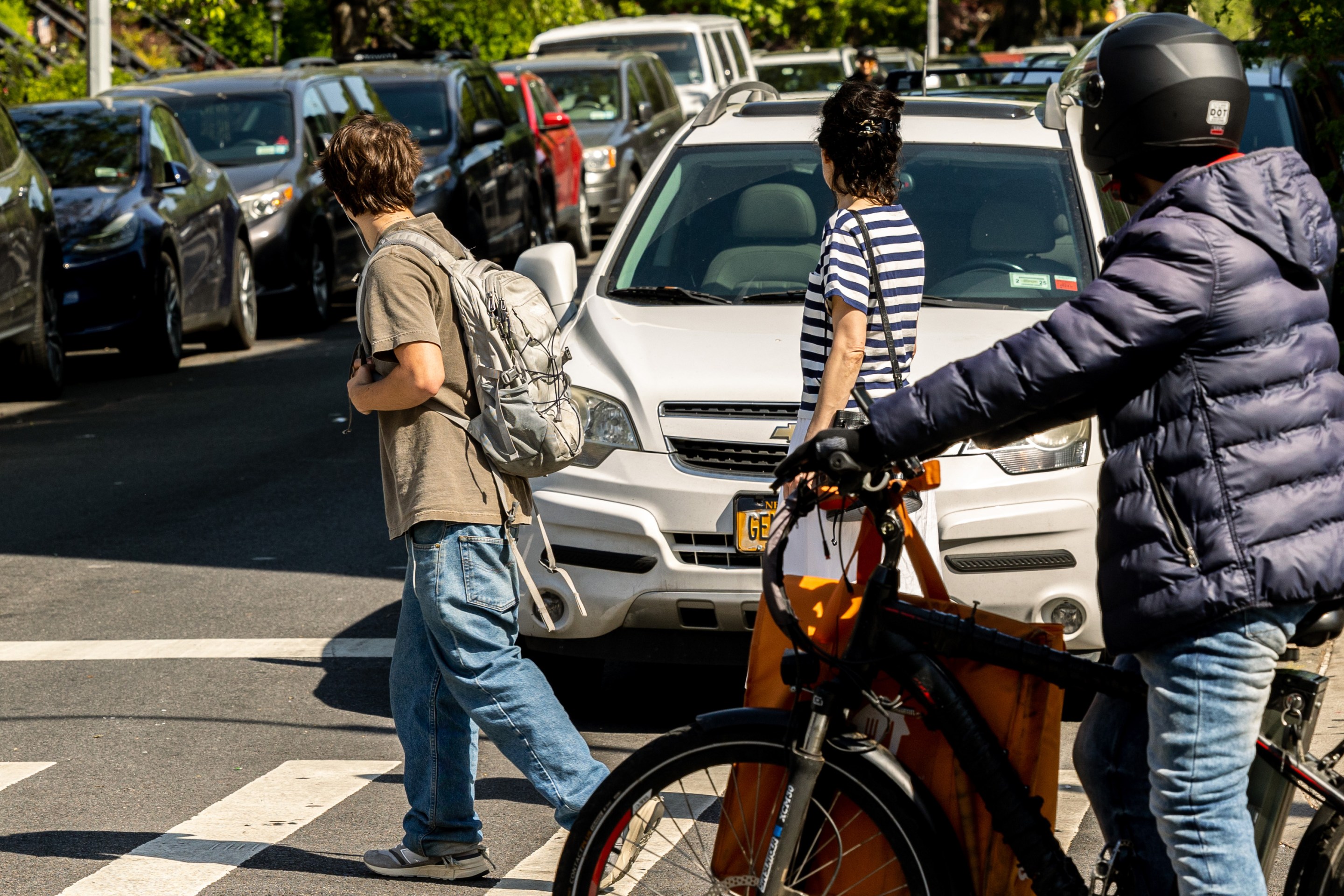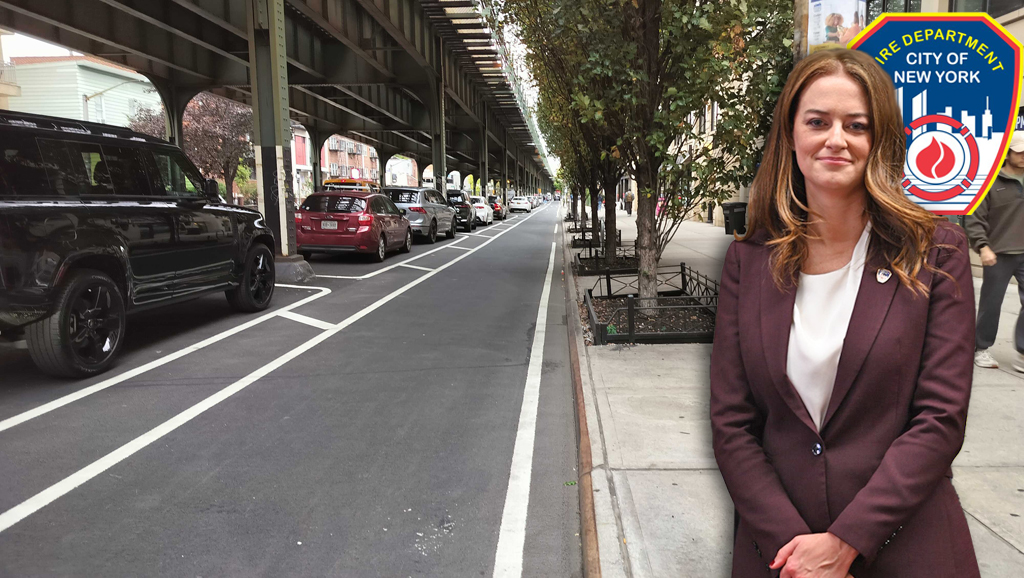"You have to have a mass transit system that people want to use," Governor Cuomo asserted at a transportation-themed press event today. At least he got that much right.

Cuomo's transit announcements tend to glorify grand edifices like a new Penn Station train hall, boondoggles like a roundabout AirTrain link to LaGuardia by way of Flushing, or bells and whistles like charging ports and Wi-Fi on buses. The nuts and bolts of transit service "that people want to use" don't get much attention from the man in charge of the MTA.
The neglect of core service is most apparent in the deterioration of New York City's bus system. Since 2002, bus ridership in New York has fallen 16 percent, even as population and jobs have rapidly grown. At an average weekday speed of 7.4 mph, the MTA operates the slowest bus service in America. Riders can't rely on buses to come at regular intervals instead of clumped in bunches with long gaps between arrivals.
In a recent report [PDF], TransitCenter prescribes a comprehensive approach to turn around NYC bus service, recommending changes to streets, signals, bus routes, fare payment, and dispatching that will make buses run faster and more reliably.
A coalition of advocates has urged NYC DOT (which controls the streets and signals) and the MTA (which controls the rest) to embrace those recommendations. At a City Council hearing tomorrow, both agencies are expected to testify about how they plan to tackle the problem of poor bus service.
So far, the response from DOT has been promising, TransitCenter reports, but the MTA has not acknowledged the scale of what needs to be done.
What's exciting about the Bus Turnaround campaign is that it takes a citywide view of how to fix bus service. Instead of thinking about improving one route at a time, it identifies problems that affect every bus route and lays out how to solve them at the scale of the whole system.
But when the Bus Turnaround report came out, the MTA pointed reporters to two neighborhood-scale interventions and its ongoing study of Staten Island bus routes as evidence that "many of the recommendations in the report are actions the MTA is already taking." In all three cases, the agency appears to be reacting to local political pressure, not taking independent initiative.
Here and there, the MTA is also making the occasional adjustment like splitting up excessively long bus routes to improve reliability. But these measures aren't "sufficient given the magnitude of our bus system’s decline," writes TransitCenter. While the MTA may be considering specific solutions that align with the Bus Turnaround report, like modifying bus routes and service frequencies, there's no sign that the agency is thinking about what it can do for the whole city.
Will that change? Tomorrow's City Council hearing would be a great time to start fresh.





